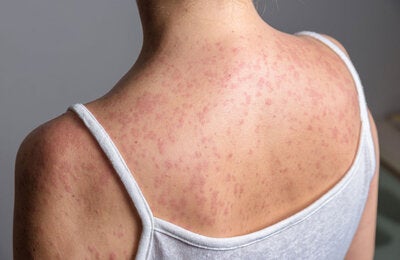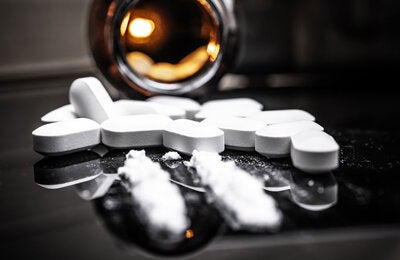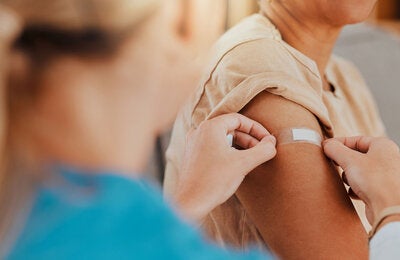

The second edition of ProPAN: Process for the Promotion of Child Feeding was launched today by the Pan American Health Organization/World Health Organization (PAHO/WHO). ProPAN 2.0 provides ministries of health and other organizations with a tool to develop, implement and evaluate interventions and programs to improve infant and young child diet and feeding.
 19 March 2013 - The second edition of ProPAN: Process for the Promotion of Child Feeding was launched today by the Pan American Health Organization/World Health Organization (PAHO/WHO). ProPAN 2.0 provides ministries of health and other organizations with a tool to develop, implement and evaluate interventions and programs to improve infant and young child diet and feeding.
19 March 2013 - The second edition of ProPAN: Process for the Promotion of Child Feeding was launched today by the Pan American Health Organization/World Health Organization (PAHO/WHO). ProPAN 2.0 provides ministries of health and other organizations with a tool to develop, implement and evaluate interventions and programs to improve infant and young child diet and feeding.
"The first two years of life are a period of great opportunity, but also great vulnerability with respect to child nutrition, health and development," said Dr. Chessa Lutter, PAHO regional advisor for child nutrition. "ProPAN fills a critical gap for a comprehensive, science-based program for infant and young child feeding."
ProPAN consists of a field manual that provides guidance on key topics including best practices for child feeding, how to identify breastfeeding and complementary feeding problems, research techniques for analyzing feeding practices, selecting feeding recommendations, and converting information into an intervention. ProPAN 2.0 also includes free Epi Info TM —based software for data entry and analysis, a manual on qualitative and quantitative research, and a software user's guide.
ProPAN has been used in more than 15 countries in Latin America and the Caribbean, Africa and Asia. Representatives of both NGOs and governments have praised the program's ease of use and comprehensiveness. "The feedback we've received has been extremely positive," said Dr. Lutter. "It has really been able to facilitate the development of many interventions."
ProPan was developed jointly by PAHO and UNICEF with contributions from the U.S. Centers for Disease Control and Prevention (CDC), Emory University, and the Fanta Project. Funding was provided in part by the Global Alliance for Improved Nutrition (GAIN).
All materials are available in English, Spanish and French and may be accessed for free at www.paho.org/propan.



